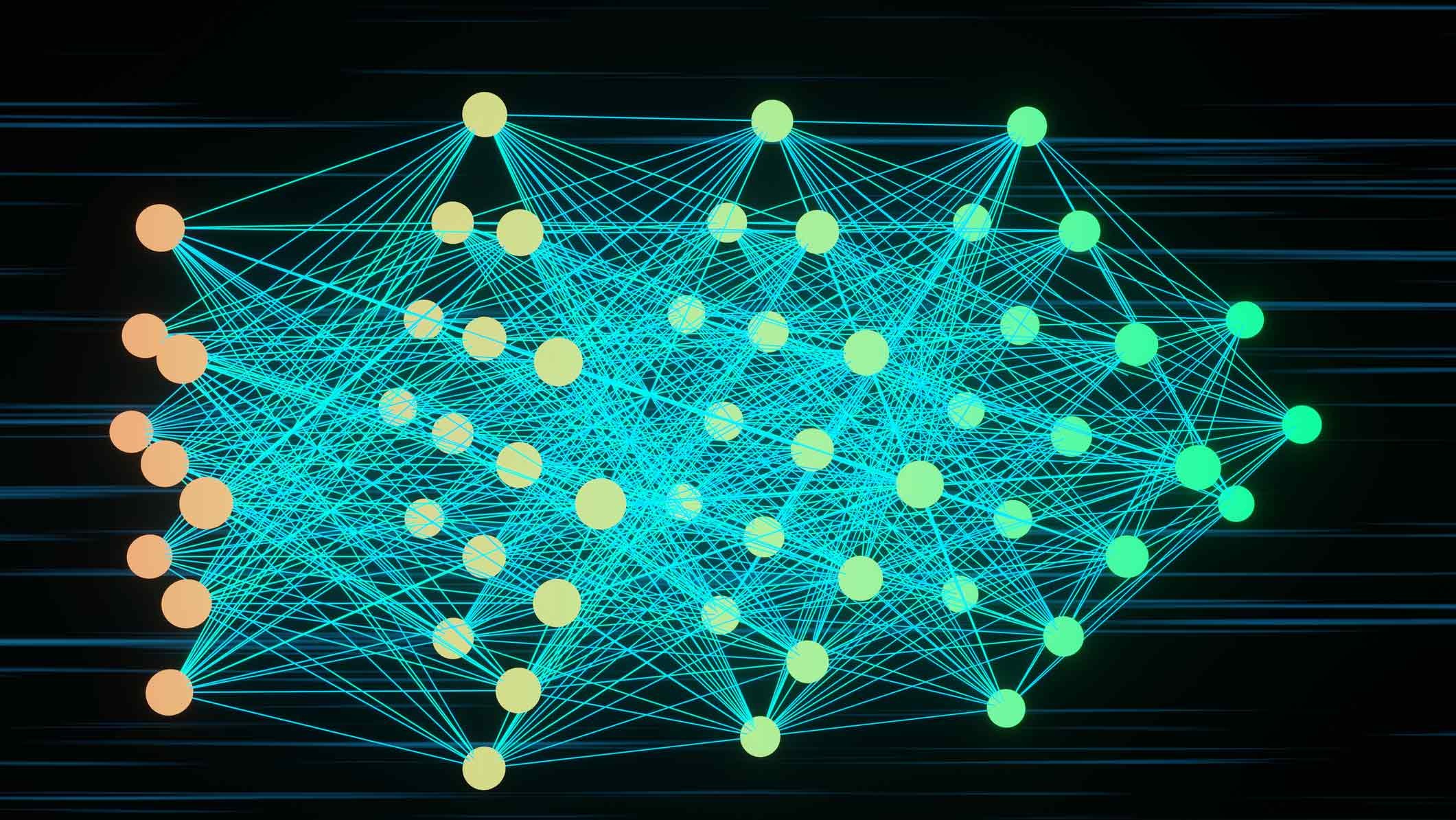
The faculty of UC Santa Barbara has bestowed its highest honor on Linda Petzold, a professor of mechanical engineering and computer science at UCSB. Petzold, an internationally recognized authority on computational science and engineering, has been named Faculty Research Lecturer for 2011.
In announcing the award, the UCSB Academic Senate noted Petzold's extraordinary achievements in research and scholarly work. Citing the breadth and depth of her scholarship and productivity, the Senate added that she "has identified strategic next-generation problems for which solutions are urgently sought. These include a wide variety of applications in biology, nanotechnology, materials, mechanical engineering, computational chemistry, and computational engineering."
The Faculty Research Lectureship was established in 1955, and Petzold is the 56th recipient of the honor. Her Faculty Research Lecture, which will take place on campus, will be free and open to the public. The date has not yet been determined.
Last year's recipient of the prestigious honor was the Tsoyushi Hasegawa, professor of history and co-founder of the campus's Center for Cold War Studies. His Faculty Research Lecture, "Lessons of Hiroshima: Past and Present," took place last fall.
"I am surprised and honored to receive this award," Petzold said of the lectureship. "The tools and techniques developed in my area of research –– computational science and engineering –– are enabling technologies for a wide range of scientific and engineering disciplines. The recognition from my colleagues across campus of the importance and impact of this work is deeply gratifying."
Computational science and engineering is the field of study concerned with constructing mathematical models and quantitative analysis techniques, and using computers to analyze and solve scientific problems. In practice, it involves the application of computer simulation and other forms of computation to solve problems in various scientific disciplines. The field is distinct from computer science and from theory and experiment, which are the traditional forms of science and engineering. The computational science approach is to gain understanding, mainly through the analysis of mathematical models implemented on computers. Computational modeling is widely used in industry to facilitate the design and fabrication of everything from computer chips to airplanes and automobiles to everyday consumer products.
Petzold is well-known for her pioneering work on the numerical solution of differential-algebraic equations –– differential equations in which solutions must satisfy nonlinear constraints, describing, for example, moving parts with mechanical linkages.
In the past decade, however, she has undertaken a new major research direction: computational systems biology, and has once again established an emerging discipline. She and her group have developed a multiscale computational framework for numerical simulation of chemically reacting systems in which each reaction will be treated at the appropriate scale.
That work has led Petzold to a third important field. She is currently involved in collaborative efforts in systems biology to obtain a better understanding of biochemical processes, including the gene regulatory network underlying circadian rhythms in neurons, post-traumatic stress disorder, coagulopathy, and Type 2 diabetes.
Petzold earned her Ph.D. in computer science with a minor in mathematics at the University of Illinois. Before joining the faculty at UCSB in 1997, she worked at Sandia National Laboratories and at Lawrence Livermore National Laboratory, and was on the faculty at the University of Minnesota. She is the author of approximately 180 journal and conference publications and two highly regarded books. She also has produced two software packages, which are in widespread use in industry and academia.
The recipient of many awards and honors, Petzold was elected to the National Academy of Engineering in 2004. She is also a Fellow of the American Association for the Advancement of Science, the Society for Industrial and Applied Mathematics, and the American Society of Mechanical Engineers.
In addition to her academic achievements, Petzold is active in education and outreach. She directs the campus's Institute for Biotechnologies SABRE summer research internship program for students from Historically Black Colleges and Minority Institutions, and serves on the Chancellor's Outreach Advisory Board. She is a highly visible role model for women students in the scientific community, and is often called upon to speak to groups of women and minority students who may be interested in pursuing careers in engineering or science.
Video interview with Linda Petzold about winning the award and her research.



